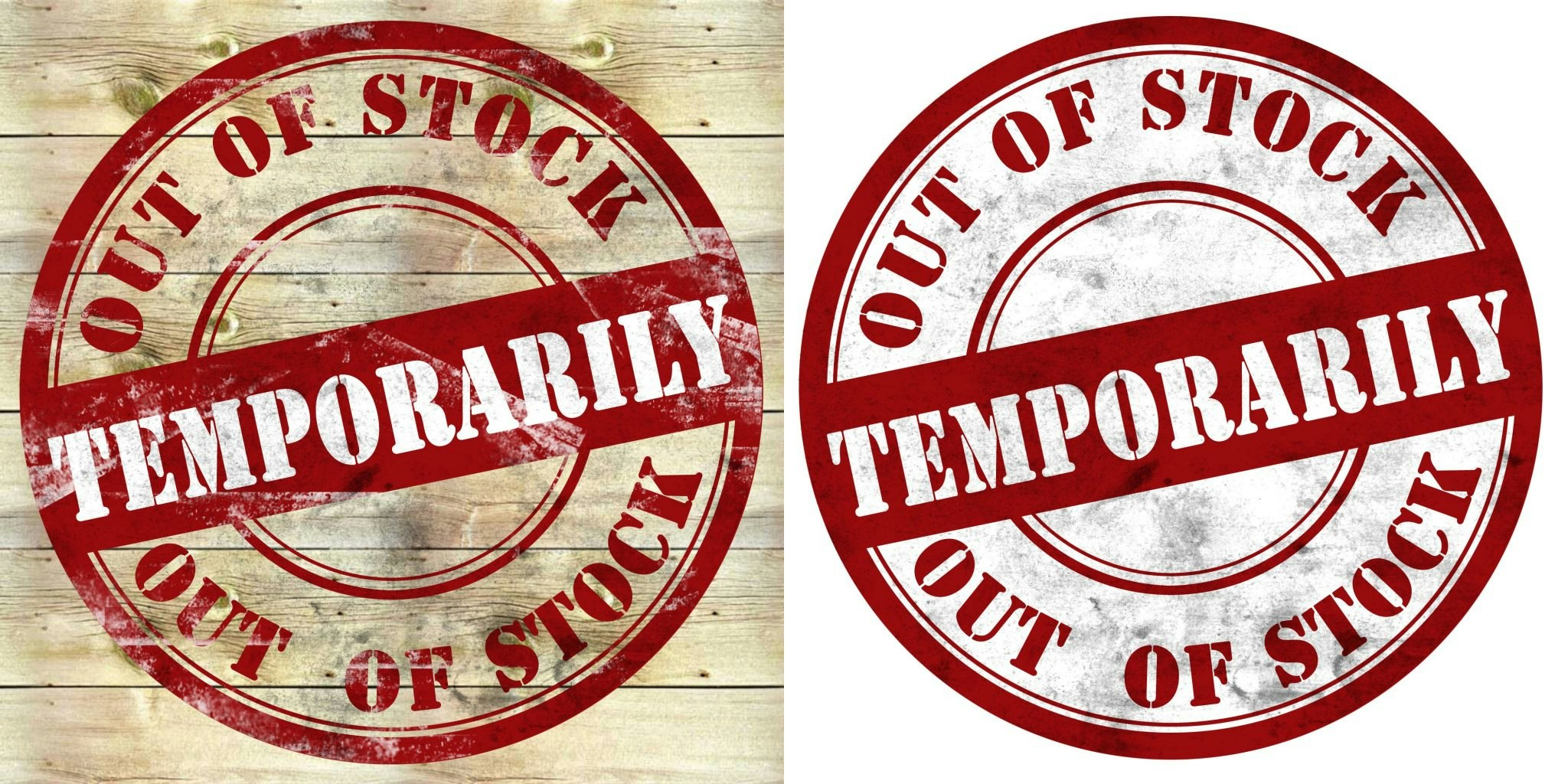The boom in technology companies and their valuations over the past 15 years has created incredible wealth for founders, VCs and LPs. In the US, a large chunk of that wealth has also gone to the employees. In 2007, it was estimated that over 1,000 Google employees had made more than $5m each from their stock options. Facebook minted over 1,000 millionaires when the company went public in 2012.
As European tech companies scale to even bigger and bigger outcomes, are we seeing the same story play out? Not quite. Klarna, despite a $45bn valuation, is estimated to have made only 75 employees worth over a million dollars — and it’s valued barely less than half what Facebook was when it listed. So what gives?
If founders and investors want Europe to emerge as a global hub for technology talent we must make sure that everyone, particularly the people doing the actual work get to share in the spoils.
Regulation plays a role, but the real problem is cultural
Europe has a strange relationship with employee equity. Workers' rights and downside protections as an employee are generally high in comparison to the US. On the flip side, we’ve never had a culture of employee ownership.
Many companies and venture firms will point to challenging tax regimes and bureaucracy being a big inhibitor of encouraging more employee ownership in Europe. Yes, the fact that many countries tax stock options as income is flawed because options are often illiquid and their value can collapse. But policy changes will take time.
That’s not the real problem in Europe. The problem is cultural. We’re just not as generous with our equity as they are in the US. Maybe this is because people didn’t get good grants themselves when they’re an employee so feel no need to pay it forward when they’re in the founder seat?
If European companies can be as big as their US counterparts, then why should employees get a smaller slice of the outcome?
Or maybe it’s because employees don’t see the value of these options, given Europe hasn’t yet produced as many tech companies at the scale of their American peers? They don’t know anyone who’s gotten rich from equity, so they don’t see it being possible for them.
This calculator from Index Ventures literally has a Europe Setting that dials down everyone’s grants in line with salary. It also fairly points out that Europeans are usually less willing to compromise on salary than their American counterparts. But we shouldn’t just accept that and move on.
If European companies can be as big as their US counterparts, then why should the employees get a smaller slice of the outcome?
Lack of knowledge and misconceptions
There are more and more US SaaS companies setting up shop in Europe. All of their early hires on the ground in Europe will walk away millionaires if the companies succeed. When these stories spread, who do you think the best engineers and headhunters are going to want to work for? Your Nordic fintech offering a few basis points or a Bay Area monster with something meaningful on the table? European tech companies need to step up.
One of the biggest challenges to building this culture of ownership in Europe is the lack of knowledge and the many misconceptions about options and equity grants.
It’s in everyone’s interest long term to put this knowledge into the ecosystem, especially founders and boards; if founders spend time sharpening their pitch for investors, they should also be able to effectively pitch the value of their equity to employees. On the other hand, talent should be wary of any company that’s not straightforward about this stuff.
The good, the bad and the ugly
Stock options should always vest over four years with a one-year cliff — meaning employees will have access to the full amount of their options after four years, but will not receive anything if they quit within the first year. This incentivises people to stay and commit. If a startup is alive and successful in four years and employees are still there, then trust me, they will have earned those options.
When it comes to bad behaviour some of the worst is around vested but unexercised stock — in other words, employees who still haven’t used their options to actually buy stock. This is why it’s so important for employees to understand their exercise rights.
Giving employees part of the upside is key to continuing the flywheel of European tech; the operators of today are the founders and angel investors of tomorrow
I know multiple cases of boards and founders cancelling all vested but unexercised shares in merger or acquisition deals. In many other cases, I’ve seen friends have to leave options on the table because they’re fully vested but can’t afford to buy all the options and pay the tax bill.
Technology companies can create huge economic prosperity by making sure that the wealth they create is shared fairly amongst those who helped build that success. And giving employees a part of the upside is also key to continuing the flywheel of success in European tech; the operators of today are the founders and angel investors of tomorrow, helping seed the next generation of companies.
If we’re going to compete with Silicon Valley and the US in general then we need to start acting more like them. And that means founders and VCs need to share the wealth.
👉 Read: Thinking of joining an early-stage startup? Here's how much equity you should expect


